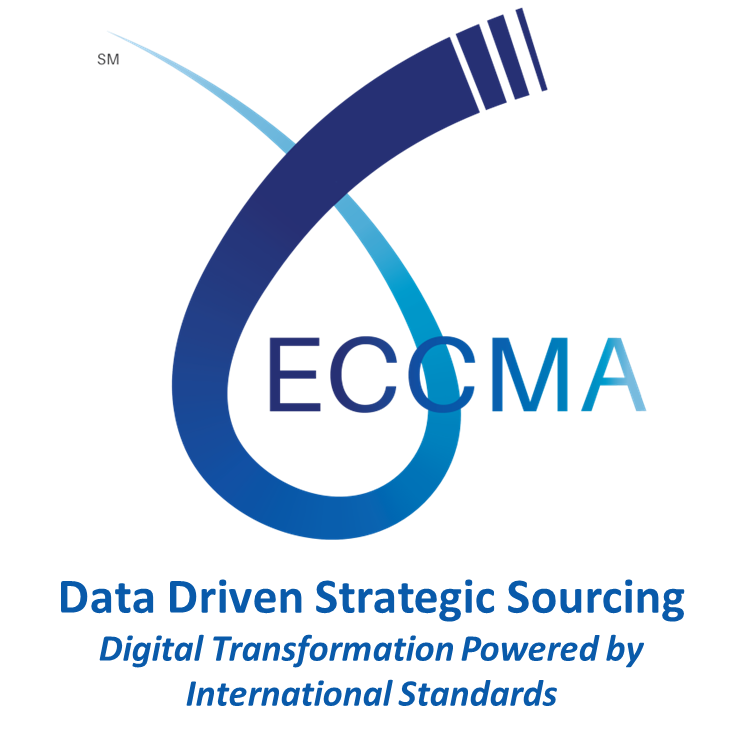ISO 25500
Understanding ISO 25500 series: Building Smarter, Stronger Supply Chains
Imagine a world where businesses seamlessly connect, data is verified with the authoritative source through automated processes, information on organizations (identity, location, legal standing, corporate social responsibility indicators) and items (specifications, testing and certifications, manufacture location) flows freely, and goods reach their destination efficiently and sustainably. This is the vision behind the ISO 25500 series of standards, designed to revolutionize how we manage supply chains.
Why it matters:
In today’s complex global economy, fragmented supply chains can lead to delays, errors, fraud, human rights concerns, and wasted resources. The ISO 25500 series aims to bridge these gaps by creating a common language and structure for the verification of data.
This allows businesses to:
Reduce errors and costs: Accurate, verified data leads to smoother transactions and streamlined operations.
Increase transparency and efficiency: Traceability throughout the supply chain builds trust and optimizes workflows.
Boost sustainability: Efficient data exchange supports environmentally responsible practices and sourcing options.
What it does:
The ISO 25500 series tackles three key areas, each offering vital tools for building a stronger supply chain:
1. General Aspects:
Foundation: The first standard part of the ISO 25500 series provides an overview of the topics and issues that are being addressed in the supply chain interoperability and integration standards, and the structure of the series.
Vocabulary: This part ensures everyone speaks the same language, eliminating confusion and ambiguity through a common dictionary for the supply chain interoperability and integration standards.
Legal Entity Verification: Before we trust any data, we need to know with whom we’re dealing. This standard provides an automated process to verify the legitimacy of current or potential trading partners.
2. Data Verification:
API Structure: This part of the series establishes a universal format for requesting and responding to requests for data verification, with special attention to the authority of the source of the data.
In addition, the data verification section of the ISO 25500 series provides specific standard parts on issues commonly of concern in the supply chain such as the verification of
• certificates for potential trading partners (i.e., minority-owned business, no forced or child labor, fair trade, environmental responsibility, licenses), products (i.e., quality, safety, content, function), services (i.e., completion of service), and people (i.e., trainings, licenses, education);
• localization data that is important in sourcing responding to growing priorities around supporting local businesses, decreasing transport delays and costs, and reducing environmental impact.
3. Operating Procedures:
Day-to-Day Operations: From strategic sourcing, procurement, order processing, warehousing, transformation, logistics, to handling returns efficiently, this area sets best practices for the essential tasks that keep supply chains humming.
Who benefits? Everyone! From individual consumers concerned about ethical sourcing to small, medium, and large corporations seeking global reach, these standards offer:
Businesses: Enhanced efficiency, reduced costs, less risk of fraud, and improved compliance.
Consumers: Confidence in product quality, origin, and ethical practices.
Governments: Increased transparency and sustainability in supply chains.
Ready to learn more? Explore the various parts of the ISO 25500 supply chain interoperability and integration series, and discover how it can empower your business and build a stronger, more connected supply chain for the future.
Contact us for more information.
